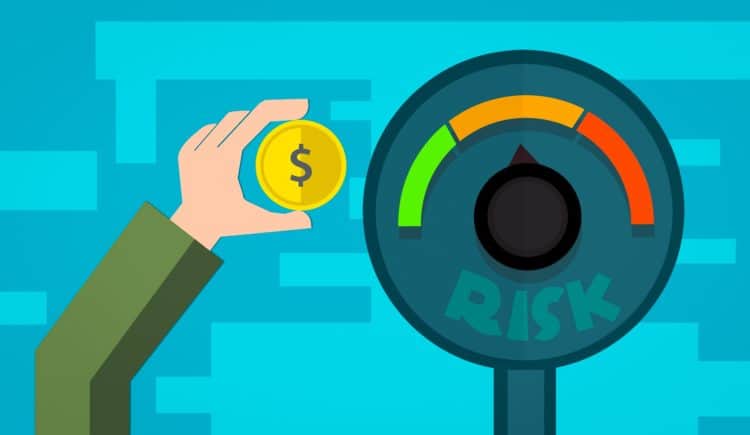Fractious geopolitics in a US election year, a rising tide of global activism and a new level of cyber warfare are among the top five risks for business in 2020, said risk consultancy Control Risks recently.
Global trends are now more set against the interests of international businesses than they have been for many years, said Control Risks CEO, Nick Allan.
"Populism, activism, protectionism, sanctions and political disruption remain the canvas on to which business tries to build global markets and supply chains. It has not been easy in 2019 and it's going to get harder next year," he noted.
The major risks
Geopolitics and the US campaign trail. The US election campaign will have a palpable impact on geopolitics in 2020. The drama of the campaign trail combined with the disruption of the impeachment process will reverberate through America's global actions.
“Will stunt diplomacy try to distract from impeachment? Would a deal with China help or hurt President Trump's pitch to post-industrial workers? Will North Korea, Iran, and even Islamic State try to exploit the election cycle? How allies and adversaries hedge against the most ideological election in 40 years will heavily influence the geopolitical risk landscape for business in 2020,” the firm said.
The activist society passes judgement. Across the world, social pressures and coordinated activism around issues like environmental protection, political and human rights, inequality and privacy are demanding more and more from business, Control Risks said.
In the street, in shareholder meetings and in your company, the activist society will bang ever harder on the boardroom table in 2020, the firm added.
"This uncodified morass of social, moral and political accountability will consume any company caught unawares,” the firm said. “Conversely, companies that get this right will be embraced. Being ethical is not enough. Being compliant is not enough. Know what to stay ahead of in 2020.”
Cyber warfare hits a new level. Cyber threats in 2020 will align as never before to provoke a high impact, cyber-enabled assault on critical infrastructure, Control Risks noted.
Western deterrence has failed to stem the tide and hostile actors are using ever harder methods, the firm said.
In theatres of strategic conflict, unpalatable military measures will give way to cyber-attacks, it added.
“And so will begin a new cycle of escalation: the west's cyber-capable rivals and their proxies will raise their game, with unpredictable consequences,” said Control Risks. If leading companies are attaining credible cyber resilience, national infrastructure across the globe are not and present the main vulnerability in the international cyber conflict.”
Economic anxiety meets political fragility. Even the most optimistic forecasts say global economic growth in 2020 will be dismally low or, as Oxford Economics put it, “grinding”, the risk consultancy said.
Leaders without strategies. At the helm of some of the world's most important countries is a crop of leaders who can't see further than the next crisis, Control Risks said.
“For them, tactics will trump strategy,” the firm noted. “2020 is shaping up to be a year when the brakes on incident escalation are absent. This is a world where resilience at the state level is weak, and long-term solutions take too much time to find.”




